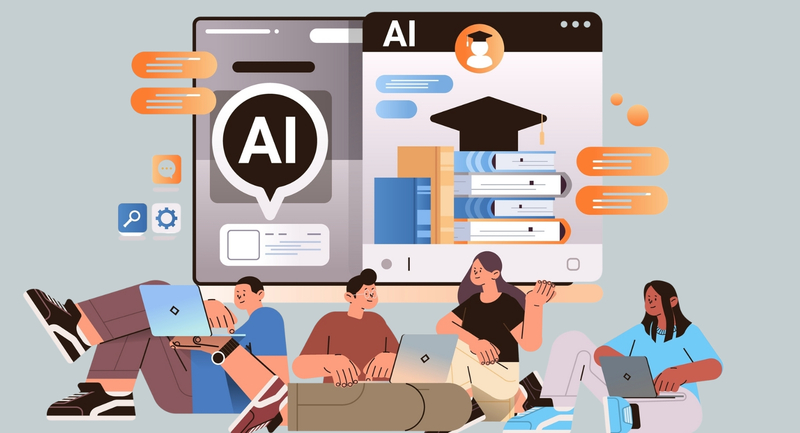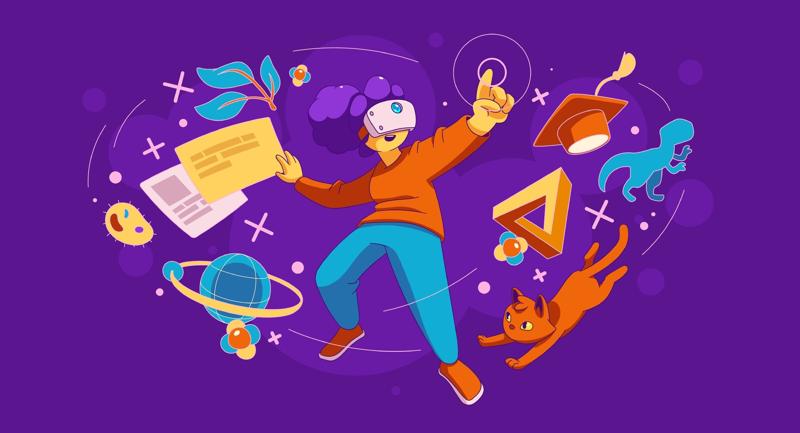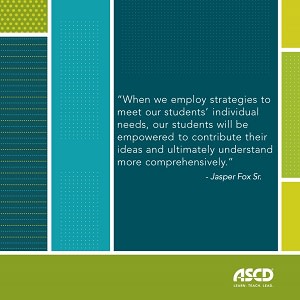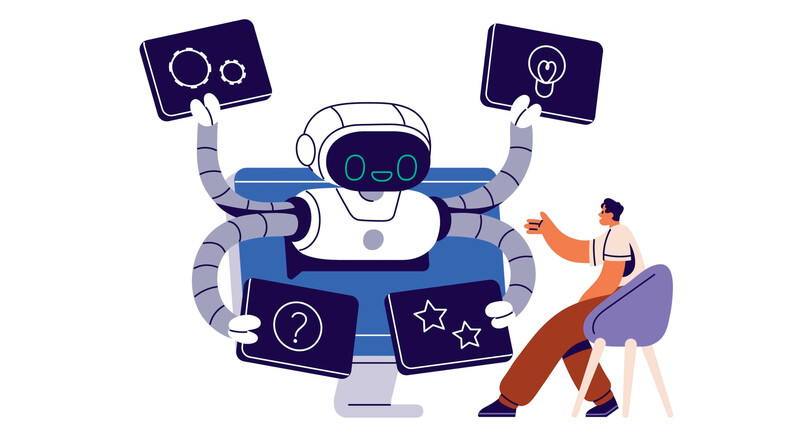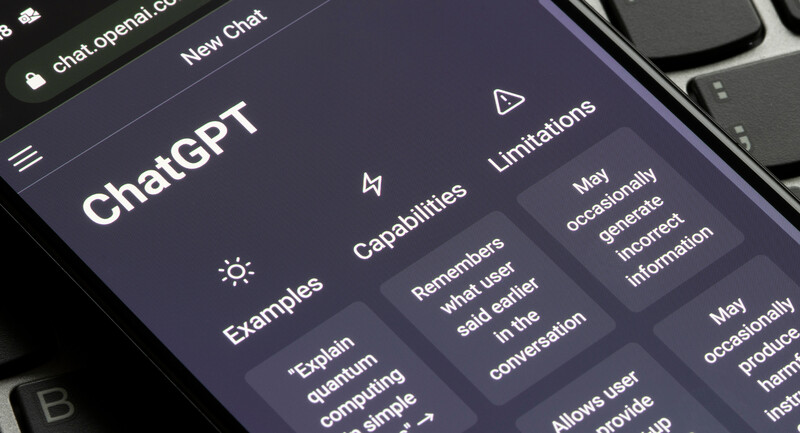Township District 214 is a six-high school district serving 12,000 students in Cook County, Illinois. The district has partnered with OverDrive Education to offer a digital reading platform since 2012 following the launch of an iPad pilot program. By 2016, the district had fully implemented 1:1 iPads with students and faculty. Since then, digital content and digital literacy were named as critical priorities in the district’s 2018 Digital Learning Plan for increasing equitable access over the next five years.
Students benefit from audiobooks whether or not they qualify for special services due to a learning disability. A recent study discovered that audiobooks are more emotionally and psychologically engaging than other screen-based activities. Christie Sylvester, the head librarian at the district’s Prospect High School, uses audiobooks to support Individualized Education Programs (IEPs) and personalized learning.
“A major benefit of audiobooks is support for students who struggle with comprehension,” she said. “Audiobooks allow students to listen and rewind, thus keeping pace with the story in their own time. Hearing words pronounced correctly in an audiobook helps student reading fluency. Teachers using audiobooks as comprehension and decoding support have noticed a marked improvement with students that used audiobooks in the classroom.”
Audiobooks Promote Comprehension & Confidence for Students with IEPs
IEPs offer learning supports for students with a broad spectrum of learning challenges. There are 13 categories of distinction in special education that qualify a student for an IEP. These categories cover a wide variety of disorders ranging from mild to severe, including mental, physical, behavioral and emotional disabilities. In 2015–16, the number of U.S students ages PK-12 receiving special education services was 6.7 million, or 13 percent of all public school students. Among students receiving special education services, 34 percent had specific learning disabilities.
Teachers Weigh In:
Audiobooks are a popular IEP learning support in District 214, serving students with visual impairments, intellectual disabilities, learning disabilities and physical disabilities that impede motor skills. Here’s how some district teachers leverage the flexible features of audiobooks to engage students with IEPs:
- “As a teacher of students with learning disabilities, audiobooks are a huge benefit to my students, as most of my students are below or well-below average in reading ability. Most of the reading I assign in my special education English classes is done in read-aloud fashion as class, in order to improve reading fluency. However, audiobooks allow students to take on some of this reading independently, allowing them to work at their own pace. Being able to listen to the text as opposed to just sight reading significantly improves students’ comprehension of the book. Students are then better able to engage in discussion and other literary analysis activities, improving their confidence in classroom participation and their work.”
- “With any students that have an audiobook accommodation, these programs help greatly because any reading that is assigned during class time, students can use their iPads and have it read aloud to them. It allows for these struggling readers to build their reading comprehension, while also having an additional support if they need to go back and have a portion of the text re-read to them. I even have some students who want to read a book before it is assigned during class to begin understanding that text so that when it is assigned during class, the level of comprehension is higher.”
- “We project our books on the screen and I read aloud while students follow along; we have found this to be a very effective method to engage the entire class while working on their skills. Students who struggle with reading benefit tremendously from the audio component; it engages different parts of the brain and reinforces what they are seeing. We also utilize audio for assessment for many students as an accommodation.”
Digital Books for Students with Physical Disabilities
Learning accommodations come from ebooks as well. For students with physical disabilities, features of ebooks are a tremendous benefit. Large-type print books are not always large enough for a visually challenged user. If the font is too small to read, the entire ebook page can be enlarged. One student in District 214 is wheelchair-dependent and physically unable to hold anything in her hands. Using a digital book, she can read while her adult aide manipulates the ebook. Changing the typeface and enlarging the text provide a level of self-sufficiency previously unknown.
“..perfect tools for personalized learning”
School libraries are being called to do more with less, to serve deeper needs of students with reduced staff and decreasing shelf space.
“The print collection in each building is smaller than it once was. Librarians discovered that OverDrive allows us to expand our collection to fit the needs of students without giving up precious shelf space,” Sylvester said. “ Several years ago, a student asked the librarian for The Boxcar Children series. The librarian was hesitant to purchase print copies of the series as it was unlikely to circulate within their school. By purchasing titles in OverDrive, the copies are easily accessible to everyone in the district without waiting several days for books to be sent between buildings. The student was thrilled to read the books in OverDrive and it saved shelf space. Choice and direct attention from educators deeply engage students, and the benefits exclusive to digital make ebooks and audiobooks perfect tools for personalized learning.”
Promoting Privacy & Beating Boredom
“One of the best features of audiobooks is they allow a struggling reader to read along with a book in their hand, without standing out to the rest of the class during independent reading time,” Sylvester said.
Several District 214 teachers using audiobooks find that they give students self-reliance and independence in class, preventing those students from distracting their friends and other classmates from their work. Behavioral issues tend to rise with boredom or frustration, and teachers discovered audiobooks gives students the focus they need.
Audio + Books + a Theatrical Twist
It’s not all solo listening though. One District 214 teacher has put his acting skills to good use by reading aloud and following along with an ebook projected on the screen. This particular class, small in size, reads a book together each semester and every student has their own print copy in hand while the teacher brings the story to life reading it aloud several times a week. The students are engaged and read ahead on their own time, eager to finish the story and discover what happens at the end.
Make sure all your students have the learning supports they need for success. Contact us today.

